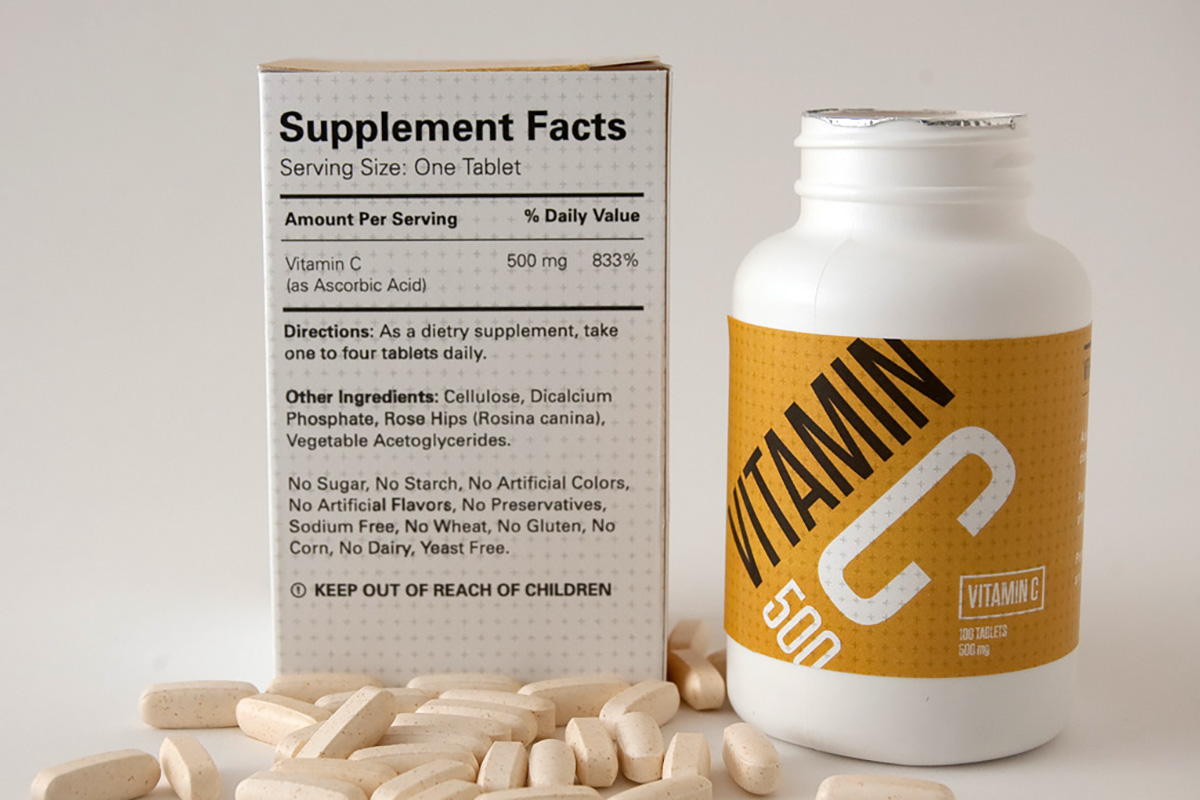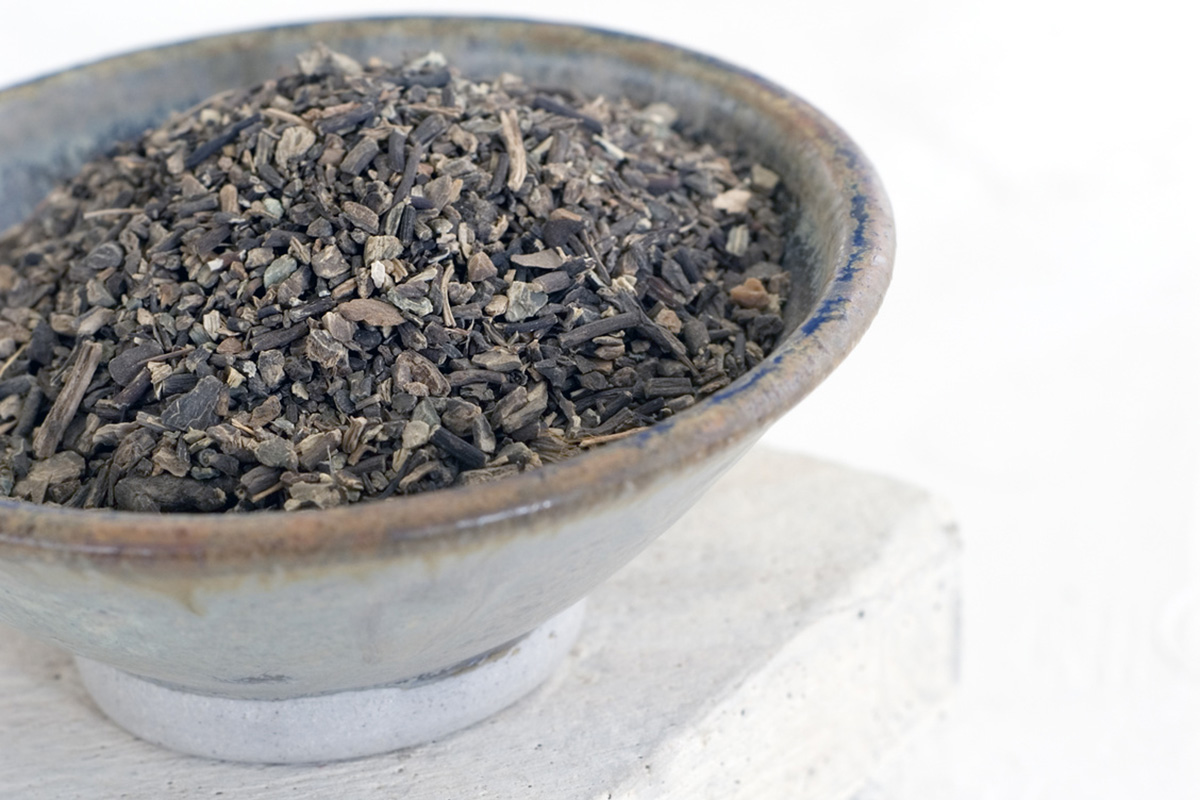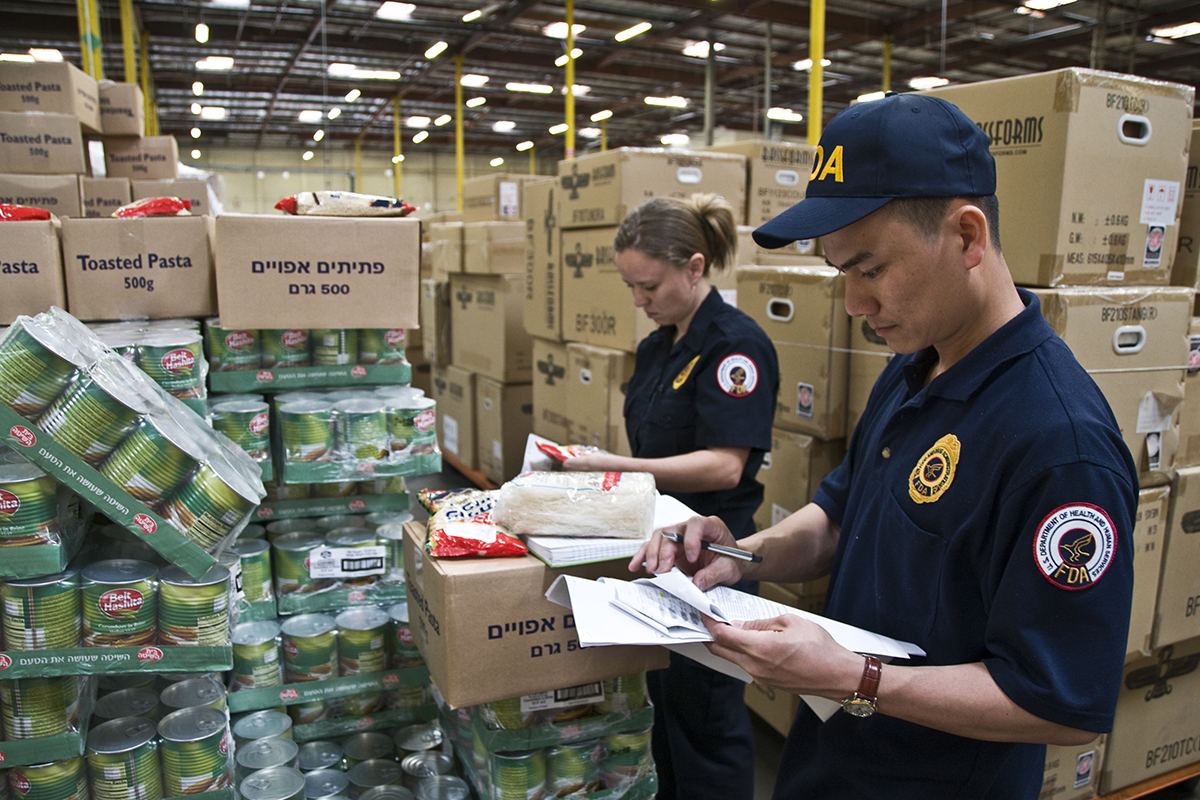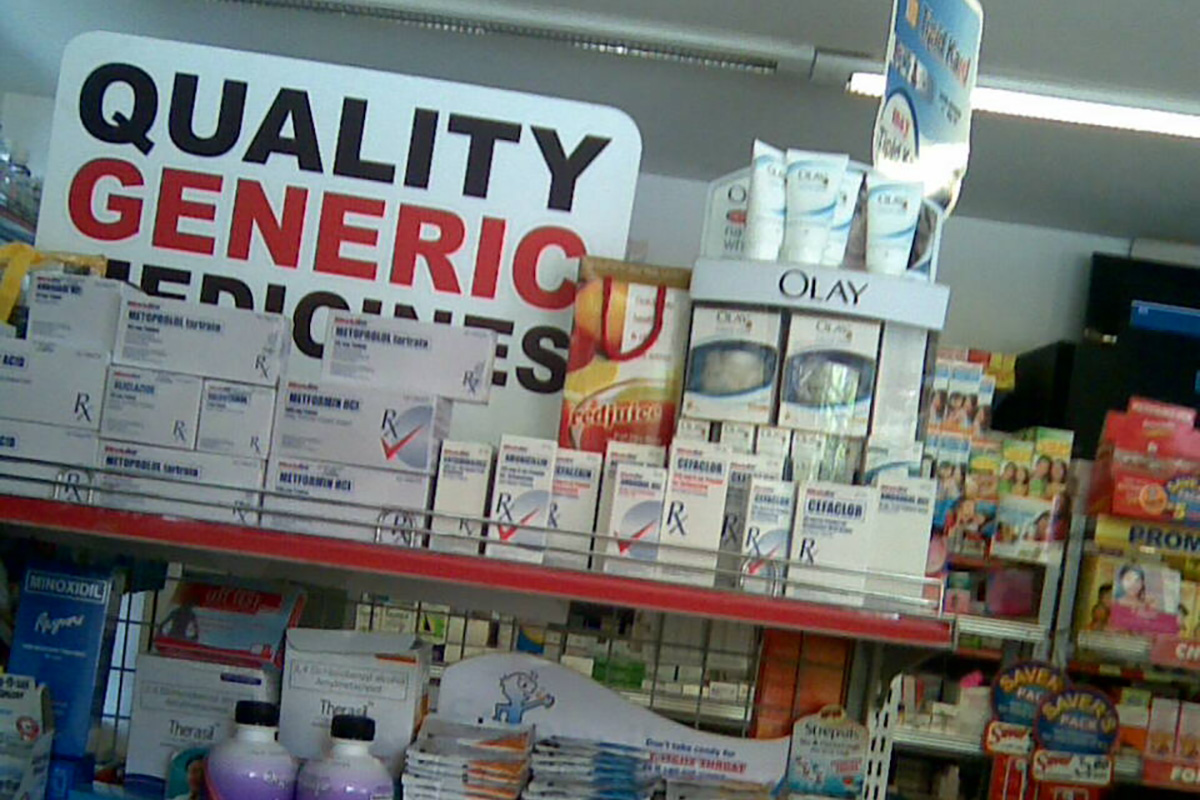FDA Consumer Protections and Alternative Menopause Treatments
0 Comments
FDA Premarket Approval
FDA Press Officer Lyndsay Meyer explains drugs are the only products that must meet FDA premarket approval, meaning a company can’t market a drug product without getting FDA approval first. Dietary supplements, such as black cohosh, while regulated by the FDA, do not require premarket approval. The National Institutes of Health (NIH) Office of Dietary Supplements explains dietary supplements can vary considerably in composition from lot to lot because they are not always tested for manufacturing consistency.
So unless it’s a drug, any problems with even an FDA-regulated product may not be found until after it hits the market, making dabbling in the non-FDA-regulated market and putting your faith in claims made there especially risky business.
jarmoluk/Pixabay
Existing Ingredients
The Dietary Supplement Health and Education Act (DSHEA) of 1994 says ingredients that were already in the food supply prior to 1994 are allowed to remain on the market. If it’s a new ingredient (since 1994) the manufacturer submits a new dietary ingredient supplement application to the FDA.
For example, vitamin C, which was considered a grandfathered-in ingredient that’s been around for ages, is not regulated. The challenge to consumer protection is not so much the new, individual ingredients that must earn approval but finished products that subsequently hit the market.
Imported products can be especially tricky. “It’s really, really difficult for us to prove that something is dangerous,” Meyer said.
Colin Dunn/Flickr
Black Cohosh
Black cohosh, a root used to treat the symptoms of premenstrual syndrome and menopause, among other maladies, may be flagged if there are problems with it after its release to the public. The FDA has many tools in its kit to ensure product supplies are safe, such as undercover buys and testing to ensure supplements, which are classified as herbal, botanical or amino acid substances, are not tainted with active pharmaceuticals. But there’s a big catch. “You have to know what you’re looking for to test for it,” Meyer said.
Elena Ray/Fotolia
Available FDA Sanctions
Some of the sanctions at the FDA’s disposal include warning letters, public notification of tainted products, recalls, actions against drug claims, and securing injunctions or civil money penalties. For example, the FDA has made over 650 notifications of tainted products since 2011 when it began posting them online.
FDA/Flickr
Improving Your Safety
To make your consumer experience safer, stick with larger retailers. The FDA says big firms with 500 to 1,000 employees rarely have problems with their products. It’s usually the smaller, mom-and-pop operations getting into trouble.
“We see a lot of bad actors who sort of understand the law,” says Meyer. Those products that are particularly prone to problems: weight loss, body building, and sexual dysfunction products.
jessieagudo7/morgueFile
Too Good to be True
And finally, Meyer’s best advice is what we all know deep down: “If it has a claim that seems too good to be true, it probably is.” The FDA encourages consumers to do their own research.
The NIH has a thorough site run by its Office of Dietary Supplements that includes a fact sheet on 97 supplements and supplement-related topics. And if you or someone you love are taking a supplement and have an adverse event, submit an Adverse Event Report by calling 800-FDA-1088 or ask your doctor to do so on your behalf.
Footage Firm, Inc.Get Hot Flashes Email updates
Receive the latest information around hot flashes. Sign up now!